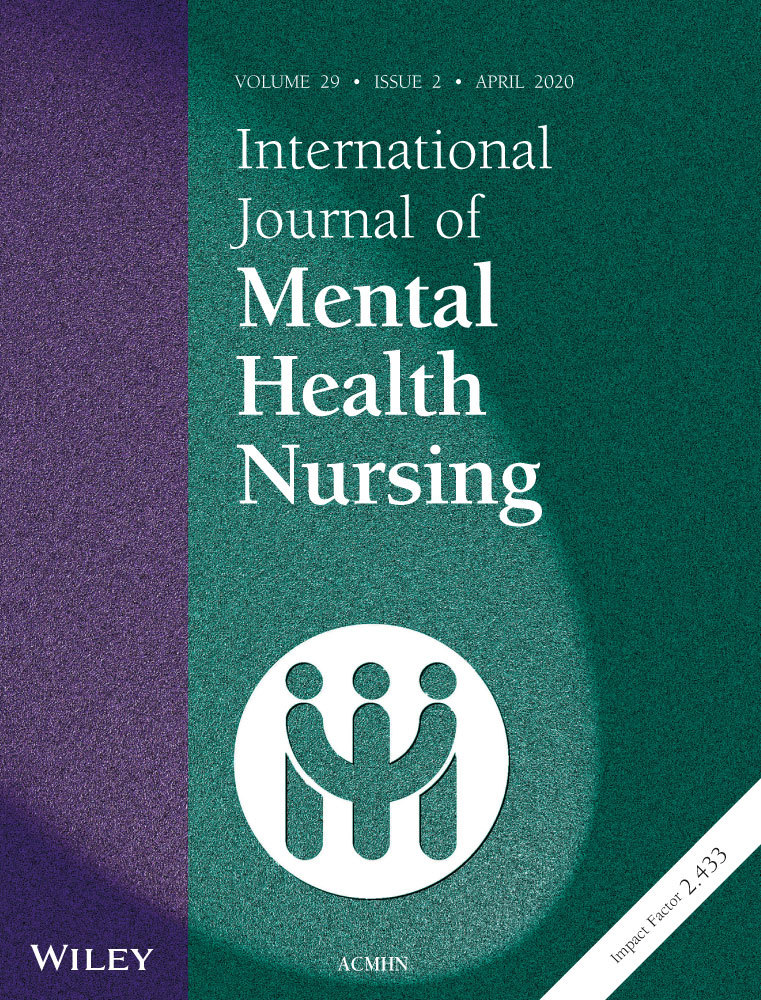Crisis resolution and home treatment in the UK: A survey of model fidelity using a novel review methodology
Abstract
Crisis resolution teams (CRTs) provide treatment at home to people experiencing mental health crises, as an alternative to hospital admission. Previous UK research, based on self-report surveys, suggests that a loosely specified model has resulted in wide variations in CRTs’ service delivery, organization and outcomes. A fidelity scale (developed through evidence review and stakeholder consensus) provided a means of objectively measuring adherence to a model of good practice for CRTs, via one-day fidelity reviews of UK crisis teams. Reviews included interviews with service users, carers, staff and managers, and examination of data, policies, protocols and anonymized case notes. Of the 75 teams reviewed, 49 (65%) were assessed as being moderate fidelity and the rest as low fidelity, with no team achieving high fidelity. The median score was 122 (range: 73–151; inter-quartile range: 111–132). Teams achieved higher scores on items about structure and organization, for example ease of referral, medication and safety systems, but scored poorly on items about the content of care and interventions. Despite a national mandate to implement the CRT model, there are wide variations in implementation in the UK and no teams in our sample achieved overall high fidelity. This suggests that a mandatory national policy is not in itself sufficient to achieve good quality implementation of a service model. The CRT Fidelity Scale provides a feasible and acceptable means to objectively assess model fidelity in CRTs. There is a need for development and testing of interventions to enhance model fidelity and facilitate improvements to these services.




